By Cora Parker, ’25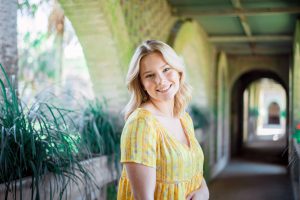
Right beyond our front door surges of activism spread throughout Indiana everyday. Some may go unseen overall while others are the face of progressive movements in communities, but nonetheless, each one is crucial to helping those in their times of need.
On Tuesday, October 25th, audience members found their way to Shelton Auditorium to hear from a panel of local Indiana philanthropists and nonprofit leaders that are passionately pursuing callings of service toward their prospective communities. Students and community members listened with soft hearts and open minds while David Bethuram with the Catholic Charities, Lori Joundi with Muslim Alliance of Indiana, Josh Riddick with the Black Churches Coalition for Faith in Indiana, and Ray Wilson with Hoosier Interfaith Power and Light, shared experiences from careers centered around nonprofit work, and their continuing work to enhance the lives of all Indiana citizens.
The panelists spoke on a series of questions mediated by the 2022-2023 Faith and Activism Seminar director, Dr. Brent Hege. One question however, deeply resonated with me; the question of whether one’s personal faith belongs in nonprofit and activism work. The panelists gathered their thoughts for a moment, then began to speak from their point of view, but the undertone of every answer held a similar core value. Faith is the backbone of each panelist’s personal drive for nonprofit work, and for their perspective organizations. Josh Riddick said as he began to speak that “faith is the sustainable factor for supporting activism and its results.” A background of faith in many different varieties is what each panelist looks to for the motivation to tirelessly work towards assisting Indiana communities. Faith itself is not only a feeling or belief, but a foundation of grounding values at the core of everyone’s calling of service. Activism is ignited by one’s passion for change, but without faith, there is nothing to turn towards when things grow difficult.
After a series of guided questions by Dr. Hege, the auditorium was opened towards the audience for their questions and feedback. Audiences of both students and community members asked thoughtful and inquisitive questions about numerous areas of nonprofit and activism work. The final question of the event came from a fellow student, asking the panelist about their advice for students wanting to be involved in activism work. As a Butler student myself this was incredibly applicable to me, and the insight shared by each panelist was tremendously encouraging. They urged students to allow themselves grace in how much we try to take upon ourselves in the duration of our college experience. College is a time for growth and discovery and better activism in the future is formed by these foundation periods of life, but that does not mean if a student is passionate about a cause it cannot be pursued. Each panelist mentioned that they value the ideas and minds of our generation. We think in a new path, which is crucial to the growth of society, not just nonprofit and activism work. College is also a wonderful opportunity to build community around those who share similar passions and callings, so use every opportunity it can provide for you.
Overall, Faith in Indiana was an extraordinary event, each panelist gave thoughtful, genuine words and provided the audience with new perspectives to bring into their own lives and communities. It is easy for people to become wrapped up in the world around themselves, leaving room to forget those that are in need. Faith in Indiana was a reminder of the life changing work happening in our state every day, and we have the opportunity to bring our values, insight, and passions to help continue the growth and equality for everyone living around us.
Posted in Uncategorized | Comments Off on Faith and Activism in Indiana
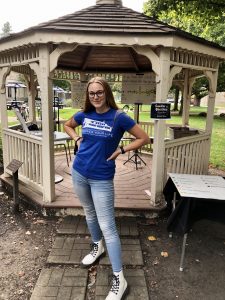
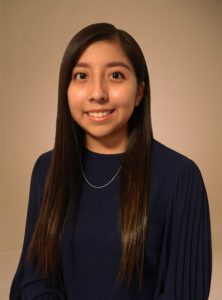 by Janet Lovera, ’23
by Janet Lovera, ’23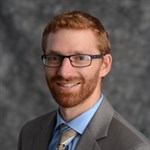
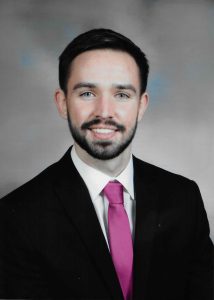
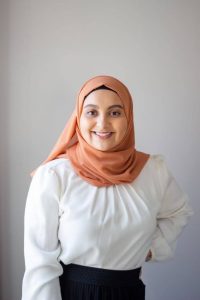
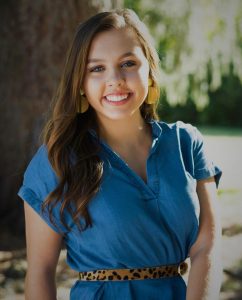 Getting to intern with The Neighborhood Christian Legal Clinic, through the CFV internship program, provided me with so many amazing opportunities that are helping to shape my future career path. At the start of this internship, I was very interested in law school, but was not completely confident. My time at the Clinic has solidified that this is the career path I am planning to take, and I cannot be more excited about it.
Getting to intern with The Neighborhood Christian Legal Clinic, through the CFV internship program, provided me with so many amazing opportunities that are helping to shape my future career path. At the start of this internship, I was very interested in law school, but was not completely confident. My time at the Clinic has solidified that this is the career path I am planning to take, and I cannot be more excited about it.